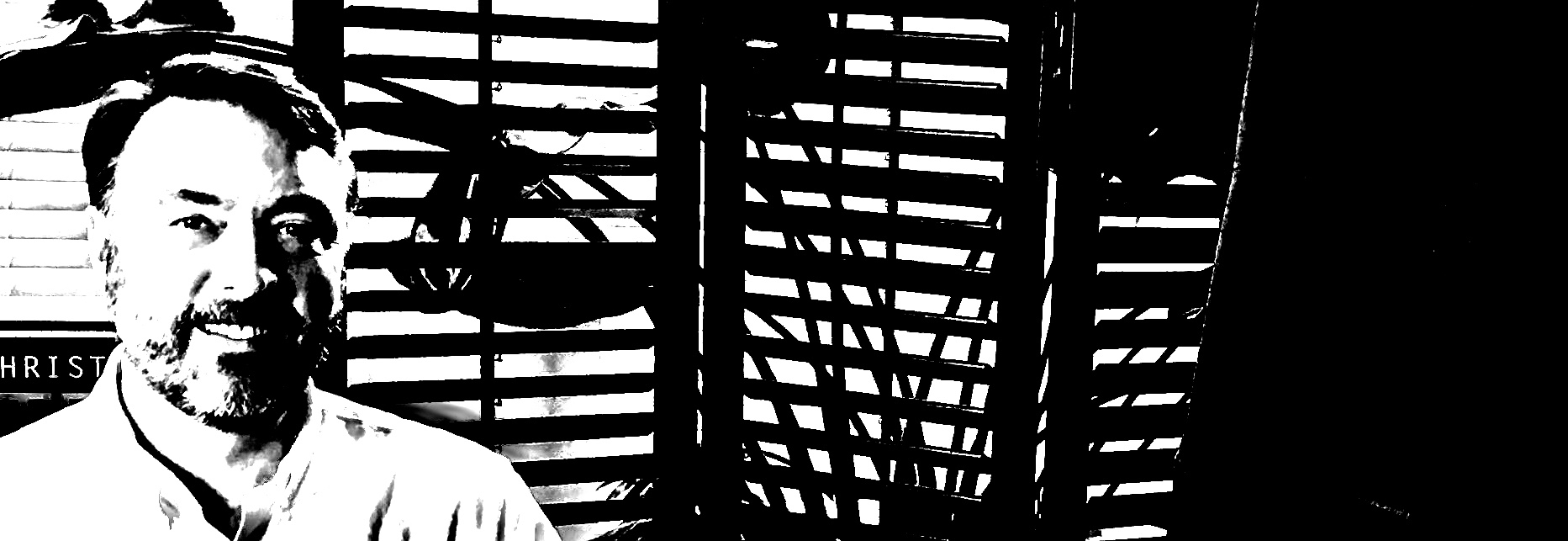Political Corruption, Part 1
In my last post, on political polarization, I claimed that while polarization is harmful in and of itself, it is not a primary problem. Rather, it is a symptom of an underlying disease; namely, political corruption. Again, not so much of individual politicians, but corruption of our system. This is not in dispute by those who have studied U.S. politics. And, to be honest, most Americans, regardless of political stripe, tend to believe that the “game is rigged”.
Based just upon feelings of “satisfaction” with our system of government, Americans aren’t terribly happy, as the following poll from Gallup shows. With fewer than 40% of Americans satisfied with our federal government, it should not be at all surprising that so few trust our political system and have stopped engaging with it. As those people, mostly from the “center” of the political spectrum, have dropped out, our polarization has grown.
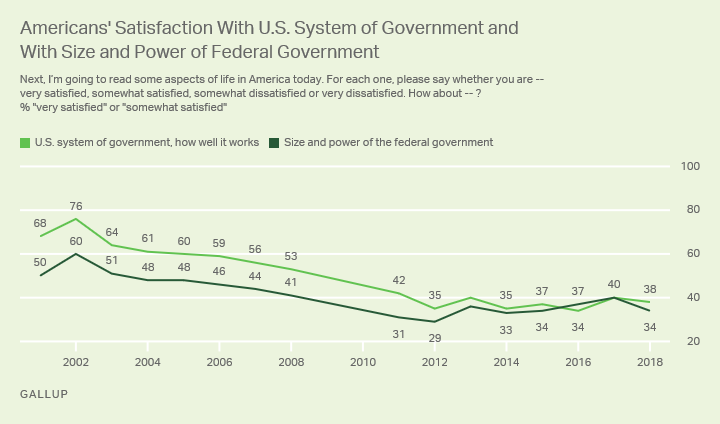
Of, By, and For the People?
We are supposed to be a self-governing country, so we the people should be in charge. If that’s the case, then our government, composed of people we elect to represent us, should generally be doing things that are in our interest, right? Unfortunately, that’s not how it’s working out, as a 2014 study from researchers at Princeton and Northwestern revealed, concluding:
“Multivariate analysis indicates that economic elites and organized groups representing business interests have substantial independent impacts on U.S. government policy, while average citizens and mass-based interest groups have little or no independent influence.“
Or, as this 2017 analysis from Harvard Business School, which I mentioned at the conclusion of my post on political polarization, stated:
“The starting point for understanding the problem is to recognize that our political system isn’t broken. Washington is delivering exactly what it is currently designed to deliver. The real problem is that our political system is no longer designed to serve the public interest, and has been slowly reconfigured to benefit the private interests of gain-seeking organizations: our major political parties and their industry allies.“
Or, as the immortal George Carlin put it:
“It’s a big club. And you ain’t in it. You and I are not in the big club.”
If you’re in the mood for an excellent political documentary on the subject, I highly recommend Of By For. It features commentary by a diverse cast, to include Ralph Nader, Ron Paul, Dennis Kucinich, disgraced former lobbyist Jack Abramoff, and currently embattled strategist and lobbyist Roger Stone.
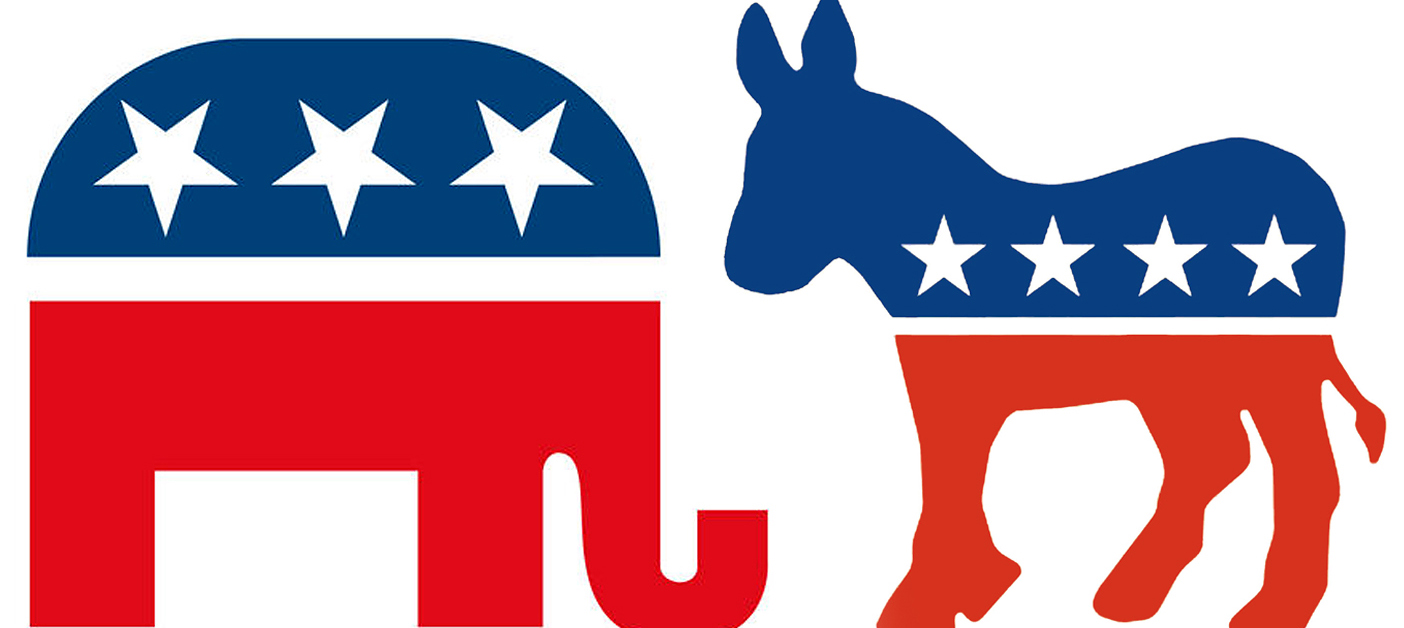
Of, By, and For Special Interests?
Yes, in short, this is what’s going on. If you’re an economic elite or an important special interest group, you still have a voice. The rest of us, not so much. And, remember, two of the most powerful special interest groups are the Republican and Democratic parties.
I’ve leaned heavily on the Harvard Business School analysis, Why Competition in the Politics Industry is Failing America, which I’ve referenced several times. While there are other good sources out there, it’s the best single resource I’ve run across. It is a bit long, at over 40 pages, not counting appendices and references. But, please consider taking the time to at least read the 7 page Executive Summary.
In short, the authors argue that the two major parties have become a political duopoly, insulating themselves from outside competition, benefitting from the resulting political polarization between their separate bases, and divvying-up the political spoils.
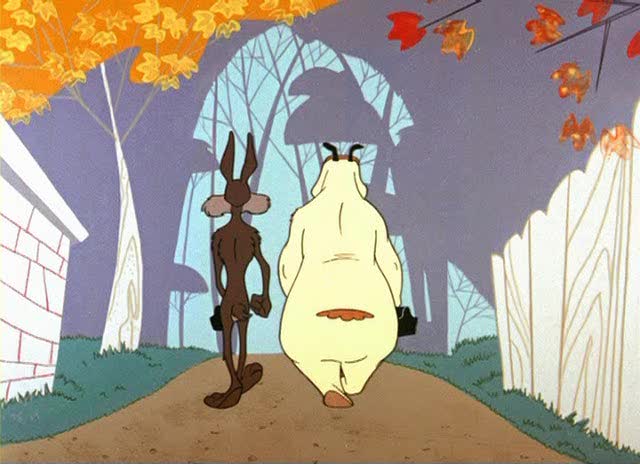
I know I’m dating myself here, but the two parties increasingly remind me of an old Looney Tunes cartoon I used to watch on Saturday mornings. Ralph the wolf and Sam the sheepdog would fight tooth-and-nail over Sam’s flock, but pick up their lunch pails and walk peacefully home after the whistle blew.
This is a bipartisan problem, as both major parties are equally complicit. But, I don’t see either major party as villains, either. Both have been captured by a burgeoning political-industrial complex, to include consultants, pollsters, data analysts, fundraisers, major donors, special interest groups, think tanks, lobbyists, etc. Politics has become a huge business, and the two major parties are both culprits and victims. But, the real losers are average Americans.
Again, from Why Competition in the Politics Industry is Failing America:
“Customers in the politics industry can be divided into five major segments based on how they engage with the industry: partisan primary voters, special interests, donors, average voters, and non-voters. The parties prioritize the customers that most advance their interests through the two currencies of politics: votes, money, or both. The most powerful customers are partisan primary voters, special interests, and donors. Average voters and current non-voters, the majority of citizens, have little or no influence on policy or outcomes. The parties do pay some attention to the average voter in order to increase the turnout of their base, depress the turnout of the other side’s base, and capture “swing” voters. But since average voters have only two choices in most general elections, parties appeal to them on the margin.“
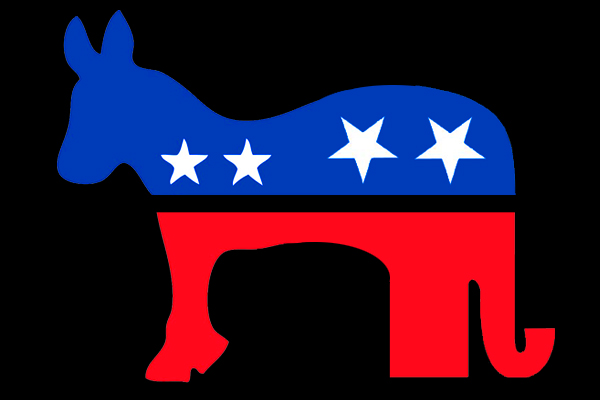
And, I’m not saying there aren’t differences between the Republican and Democratic parties. But, the differences seem increasingly minor, especially at the federal level. What were the two largest expansions of government into the healthcare industry since Medicare/Medicaid? Medicare Part D under W. Bush and a Republican Congress, and the Affordable Care Act under Obama and a Democratic Congress. Which of the two parties is consistently arguing against spending American lives and treasure on futile efforts at peace-making or regime change? Is either party blameless for our now $22 trillion national debt? I could go on, but I think you get my point.
What, Me Worry?
My political awakening took place during the Tea Party movement, when generally conservative and libertarian Americans became increasingly concerned about issues such as the size of our national debt. The Occupy Wall Street movement began a few years later, consisting of generally progressive Americans who expressed their distrust of our capitalist system, and especially the financial services industry. One group distrusted big government, while the other distrusted big business.
I hoped for a convergence between the Tea Party and Occupy Wall Street; that they would recognize that it was the collusion between government and business interests that was at the root of both of their concerns. But, unfortunately, that didn’t happen. The Republican party largely co-opted the Tea Party, while the Democratic party did the same to the Occupy Wall Street movement. The political-industrial complex did its job.
But, crony-politics is just as much a problem as crony-capitalism, and we Americans do need to learn that they are opposite sides of the same coin. Rather than the usual us-versus-them argument based upon partisan allegiance, we need to realize that it is us versus those who are benefitting most from our corrupt system.
Interestingly, and seemingly paradoxically, it may be some of our economic and political elites who may lead the way forward. For example, at the recent World Economic Forum in Davos, Switzerland, many attendees expressed concerns that the existing capitalist and political system was not serving most everyday citizens well. You can find several reports from this conference, but I’ll just cite this one from Axios, along with my favorite quote of the piece:
“The main flaw with capitalism, critics here and elsewhere argue, is that nowhere is it practiced as it is meant to be: capitalism is supposed to be hellishly competitive; and, in addition to featuring an invisible hand, it’s supposed to have a heart.”
Granted, those elites may simply be self-serving. Growing populist movements and authoritarian governments, and the underlying real risk of actual revolt, do threaten their dominance. But, seeking to avoid chaos is the essence of conservatism, and for that, even if self-serving, I welcome their input.
I would add that politics also should be hellishly competitive, while also having a heart. We have lots of serious problems we need to address as a country, and as we rely on the political process for at least some of those, our political corruption is a barrier we must overcome. For some ideas on how to do that, see my next post when it arrives.
